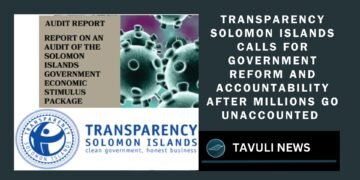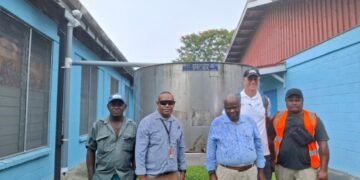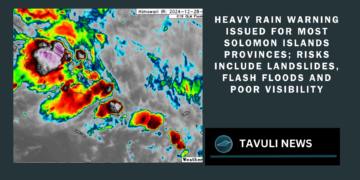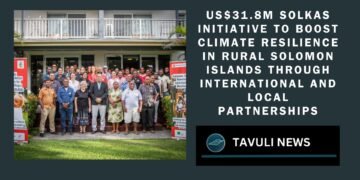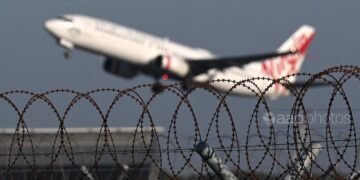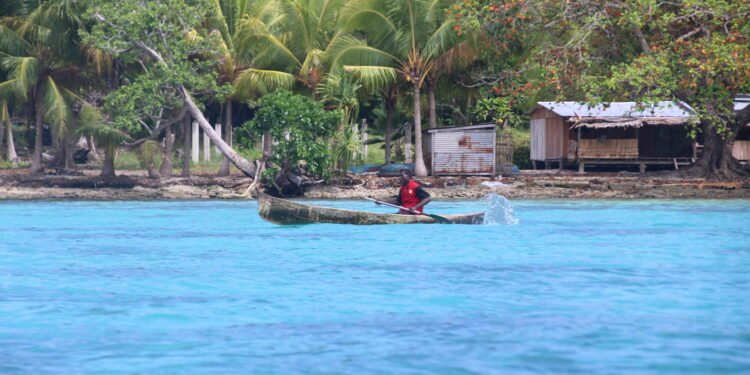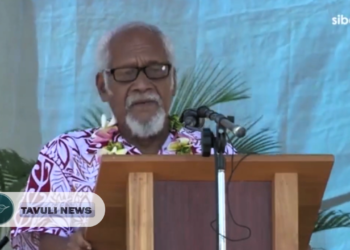Pacific Island countries showing signs of economic recovery amid challenges from fragile state of global economy.
In the latest August 2023 Pacific Economic Update released by the World Bank, the Pacific region is showing signs of economic recovery, largely propelled by resuming tourism activities, increased public investments, and construction projects. However, this positive trajectory is not without challenges, given the fragile state of the global economy.
While progress has been made in improving global conditions, the reduction of inflation in major economies has proven to be more difficult than anticipated. Despite this, the World Bank Economist for the Pacific, Reshika Singh, remains cautiously optimistic, projecting that most Pacific countries are on track to reach their pre-pandemic GDP levels by 2024.
The recovery for many tourism-dependent economies is being driven by the gradual reopening of international borders and the subsequent surge in international travel. For other nations, the reopening of borders is expected to translate into increased public investment and construction activities. Additionally, robust remittance inflows are set to play a crucial role in sustaining consumption and growth, particularly in Samoa and Tonga.
Fiji is at the forefront of the Pacific’s economic rebound, having experienced a strong resurgence in 2022 with a growth rate of 18.6 percent, followed by a steady 7.7 percent growth in 2023, thanks to the revival of its tourism industry. Palau, Samoa, Tuvalu, and the Federated States of Micronesia are also projected to experience healthy growth rates of 10.3 percent, 5.5 percent, 3.9 percent, and 3.2 percent respectively. However, the Pacific region remains exposed to several downside risks that could hinder its economic recovery. These include uncertainties surrounding global commodity prices, geopolitical tensions, slower growth among major trading partners, and the persistent threat of natural disasters. Particularly concerning is the vulnerability of many Pacific nations to rising food and energy prices, which could potentially push vulnerable populations into poverty.
To enhance the resilience of Pacific economies and promote sustainable growth, the World Bank report emphasizes the importance of structural reforms. Climate resilience is highlighted as a critical factor, given the region’s susceptibility to the effects of climate change. The report also underscores the need for fiscal consolidation efforts, improved tax administration, and better management of resource revenue to finance essential climate adaptation and development initiatives. Furthermore, the report suggests that fostering an enabling environment for both internal and external migration opportunities is essential. Labor migration has been a significant income source for many Pacific countries, offering financial stability and knowledge transfer. The World Bank recommends investing in skills training, improving access to education, and managing the return and reintegration of migrant workers to maximize the benefits of migration and drive inclusive growth.
Source: World Bank


















